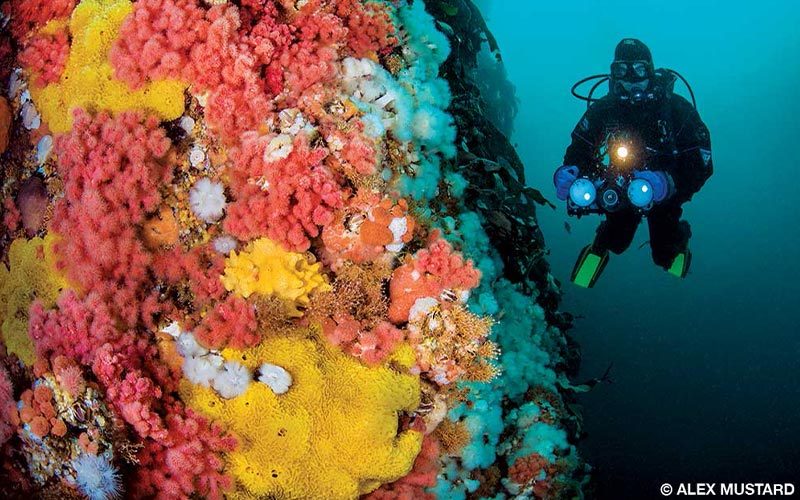The core skills are the same, thus it really shouldn't matter where you learning the core skills. They aren't that hard. No-one learns how to master a drysuit during a course, that takes practice.
We might be biased (or totally wrong), but we'd still argue that learning in the conditions that you usually will be diving in, is way more important and valuable. "Just layer up" when you hit cold waters is a simplistic approach, there are many other things to consider when diving in colder waters, many have already been mentioned. One important element is actually dealing with the cold itself; how you handle it, react to it, how reduced mobility and dexterity affects you when you operate valves with thick drygloves etc.







